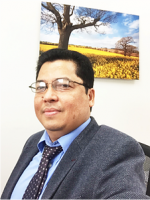The genome found in every cell of our body contains over 20 thousand genes and over 3 billion letters of DNA that sustains life, shapes who we are and determines our risks of having a disease. CRISPR/Cas (clustered regularly interspaced palindromic repeats) is a recently discovered antiviral defence system in bacteria that has become the favorite set of tools to edit and correct any diseased genome and change any sequence of DNA in precisely chosen genomic location performed not in a test tube but within the nucleus of our living cell.
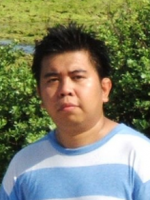
Comparative genomics of cellulolytic shipworm symbionts
Shipworms are marine bivalves that live and feed on wood. These bivalves, like most xylophagous and herbivorous animals, rely on bacterial symbionts to digest the recalcitrant lignocellulose component of plants. What’s unusual about shipworms is that bacterial symbionts are housed intracellularly in the specialized cells in the gills, therefore are not in direct contact with the ingested food particles.
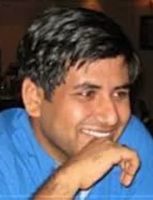
Implications of hybrid epithelial/mesenchymal phenotype in metastasis: how theory can help understand cancer biology better
Metastasis claims 90% of all cancer-related deaths and remains clinically insuperable. The hallmarks of metastases are processes known as Epithelial to Mesenchymal Transition (EMT) and its reverse Mesenchymal to Epithelial Transition (MET) that enable primary carcinoma cells to migrate and start new tumors at distant organs. I will present an integrated theoretical and experimental approach that elucidates how cancer cells undergo EMT and MET, and how these transitions affect their ability to initiate new tumors.

CellMiner databases, tools, and molecular pharmacologic applications
Understanding the influences of molecular alterations on pharmacological responses in the omic sense is at the fore of the effort to make oncology treatments more effective and specific. At present, however, this remains a field in its infancy. The NCI-60 cancerous cell lines provide a premier set of databases and tools for systems molecular pharmacological studies.
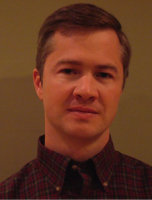
Overview of the Galaxy platform for analysis of genomics data
Modern genomics research requires complex computational processing to integrate, analyze, and extract meaning from large, disparate datasets. While a multitude of commercial and open source bioinformatics applications are available, it is difficult to assemble a collection of tools that work together seamlessly to perform the required analysis. Even more difficult is performing analysis in a manner that documents the data, algorithms, and processing steps such that the results are easily published and reproducible.
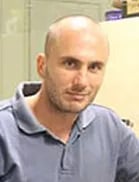
Deciphering how proteins engage the genome and direct cellular identities
All cells in our bodies encode the same genetic information yet different sets of genes are expressed in a given cell type to give it its particular identity. My laboratory studies how transcription factors (TFs) recognize genomic DNA to regulate when, where and to which level genes are expressed to direct cell fate decisions. We use structural modelling and quantitative biochemical assays to study TF dimerization on composite binding elements enriched in regulatory DNA sequences.

IT Governance: a simple solution to the complex problem of building national scale health information systems
Information and communications technology has become pervasive in many sectors, health included. Yet rather than streamlining health processes, it seems ICT only serves to add to the fragmentation with the creation of more information silos. Improperly implemented, ICT can introduce new risks and additional complexity to an already overworked sector. Emerging from the chaos is IT Governance, a that encourages the use of frameworks to guide stakeholders from the many confusing elements of a health information system.

On the RAI Genomics Lab & Call for International Collaborations
On the RAI Genomics Lab & Call for International Collaborations

What the PGC can learn from the Broad Institute of Harvard/MIT & Genome Institute of Singapore
What the PGC can learn from the Broad Institute of Harvard/MIT & Genome Institute of Singapore

